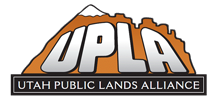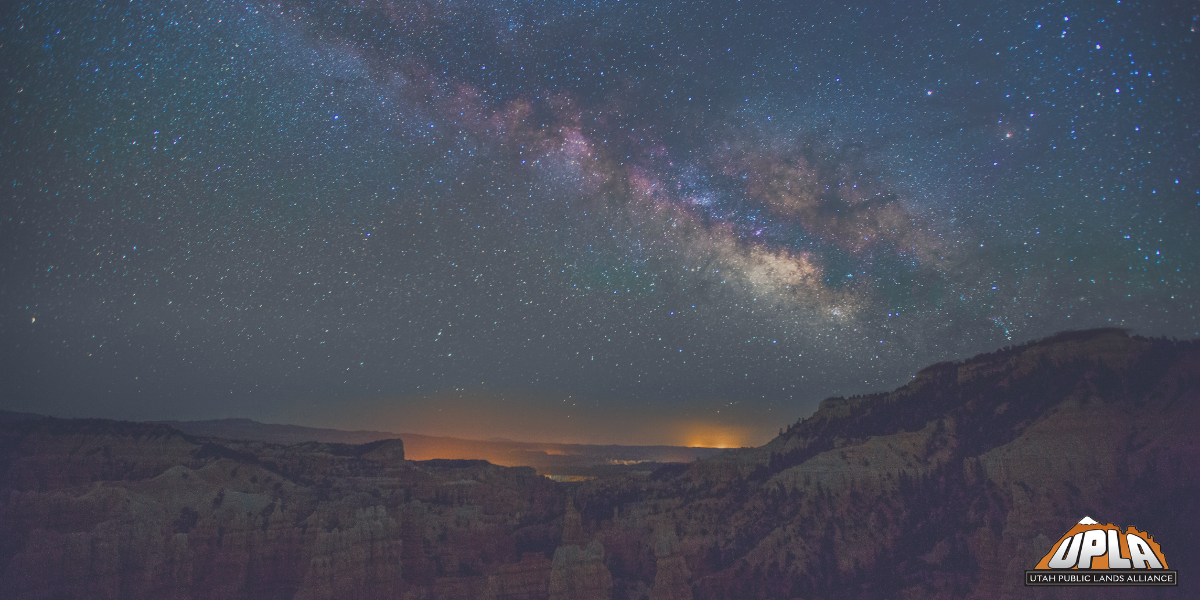Sen. Mike Lee: This bill is not the right move for Utah lands
By Mike Lee
For the Deseret News
Published: February 11, 2019 8:00 am
WASHINGTON — Sometime early this week the Natural Resources Management Act will come to the floor for a vote in the Senate. There is much to like about the bill. And many good people have worked very hard on it.
Unfortunately, after a lengthy review and much negotiation, it has become clear that this is not legislation I can vote for in good conscience. On balance, the bill moves federal lands policy in the wrong direction by failing to reform federal land acquisition programs and adding new restrictions to how Americans are allowed to use land already under federal control.
As mentioned earlier, the bill does have some good policies in it, particularly for Utah. It gives 80 acres of Bureau of Land Management Land to Hyde Park for the construction of an underground water tank and trailhead. It also gives 2.61 acres of Forest Service land to Juab County and helps celebrate the upcoming anniversary of the completion of the First Transcontinental Railroad by redesignating the Golden Spike National Historic Site as the Golden Spike National Historical Park.
At the national level, the bill includes a “sportsman” package that makes it easier for hunters and fisherman to enjoy public lands It also includes the Good Samaritan Search and Recovery Act, which requires the Interior Department and Forest Service to grant expedited access to volunteers helping with search and recovery efforts on federal lands.
These are all good commonsense policies which improve federal land management. Unfortunately, they have been stuffed into the same bill with bad federal land management policies that are particularly harmful to Utah.
First, the legislation permanently reauthorizes the Land and Water Conservation Fund, an admirably intended program enacted to preserve access to recreation opportunities on public lands. When the program was first passed in 1964 it promised to direct 60 percent of its funds to states and 40 percent to federal purposes. Sadly, this is not how the program has been implemented, just 25 percent of all LWCF have been given to states while 61 percent of the funds have been spent on federal land acquisition.
Worse, the LWCF keeps on buying new federal lands without securing any method for maintaining the land they already own. According to a 2017 Congressional Research Service report, the maintenance backlog on federal land is up to $18.6 billion, including significant backlogs at Arches, Bryce Canyon, Capitol Reef, Canyonlands and Zions National Parks. When the federal government fails to maintain the lands it owns, ill-kept roads and trails make it harder for citizens to enjoy our national treasures and wildfires become more likely.
Second, the bill creates another 1.3 million acres of wilderness in the West — half of it in Utah. At first blush, wilderness designations sound like a good thing. And sometimes they are. But this highly restrictive designation limits far more activities than is necessary to actually protect the land.
In fact, a wilderness designation prohibits almost all activity, including all commercial activity, all infrastructure development and any travel by car or bicycle. And in a state like Utah, where the federal government owns more than two thirds of the land, these designations have big consequences.
Citizens must go to the federal government, hat in hand, to ask permission for any use of the land at all — whether to dig a well, build a road, bury a cable or do virtually anything on it. So designating more than half a million acres of wilderness — most of which is in Emery County — is a big blow.
Finally, this bill does nothing to address the imminent threat that Utah faces from unilateral executive land grabs through the Antiquities Act. The Antiquities Act was intended to give a president the power to protect specific historic and cultural objects by implementing severe restrictions on select federal lands. According to the original law, these “National Monuments” were supposed to include only the “smallest area compatible with the proper care and management of the objects to be protected.”
This is not how the law has been used. Instead, presidents have abused the law by designating vast million-acre swaths for monument protection. These vanity projects can hit local communities hard. For example, when President Clinton created the Grand Staircase-Escalante National Monument, many local ranchers lost their right to build fences, secure water resources and maintain roads for their herds. Many families were forced to reduce their herds, sometimes by half. And local church groups were prevented from walking down the very roads their ancestors built during remembrance treks.
Other states have been given protections from these Antiquities Act power grabs. In Wyoming, for example, any monument designation must be approved by Congress. A simple fix to federal law, adding just the words “or Utah” to the Antiquities statute, could solve this problem. But this bill did not contain those words.
No legislation is perfect. Every bill that becomes law in Washington requires compromise. But at some point, too much compromise can lead to a deal doing more harm to your community than good. Regrettably, the Natural Resources Management Act has reached that point. It simply shifts too much power away from Utah communities and to bureaucrats in Washington. And I have heard similar views from many state legislators, county commissioners and rural constituents.
Utah communities should not be forced to accept harmful policies to the state and their communities just so they can make some commonsense land transfers that communities in non-western states are free to do without congressional permission.
With more hard work and cooperation, I know the next lands bill will be different.









